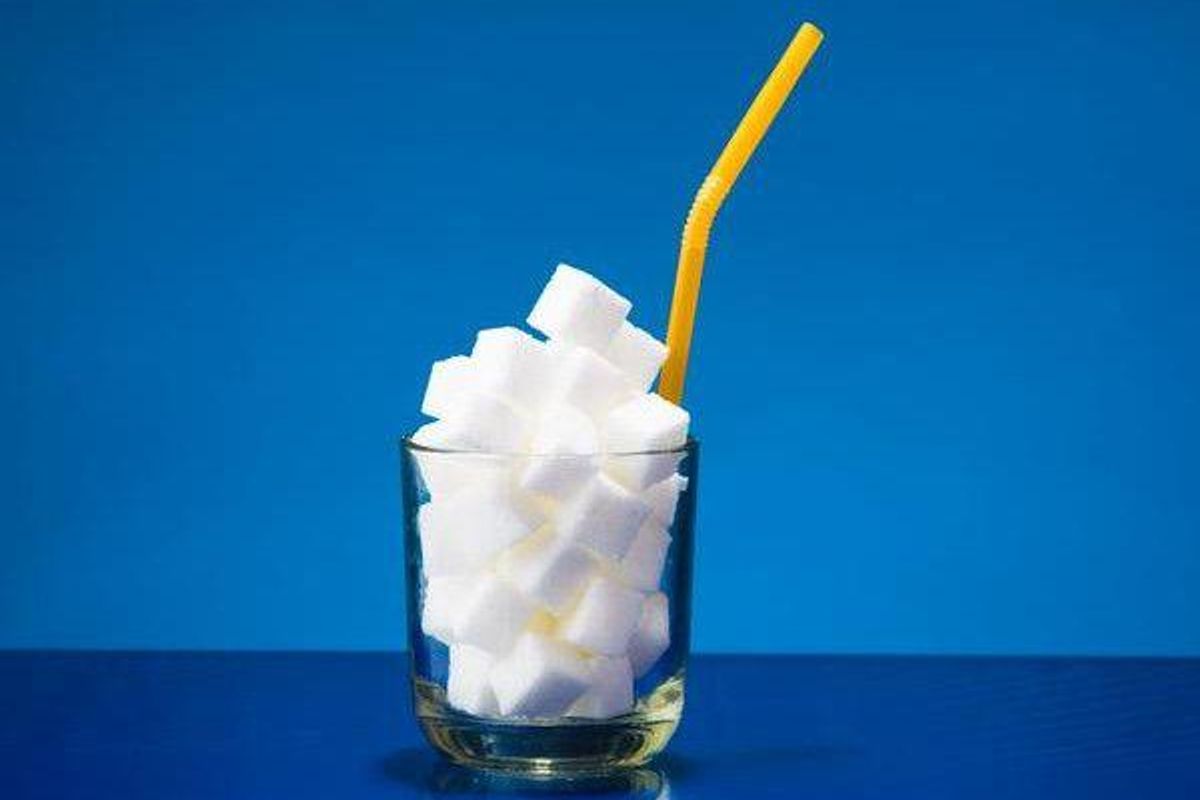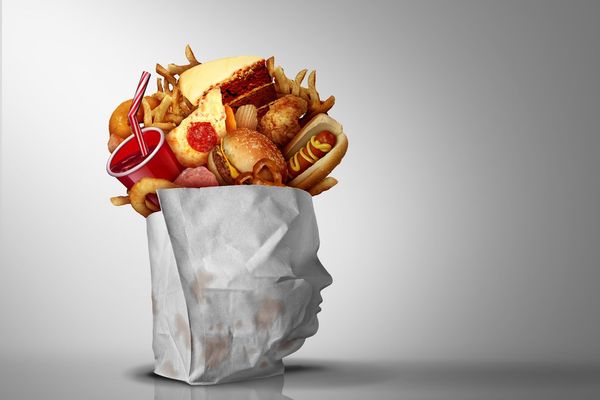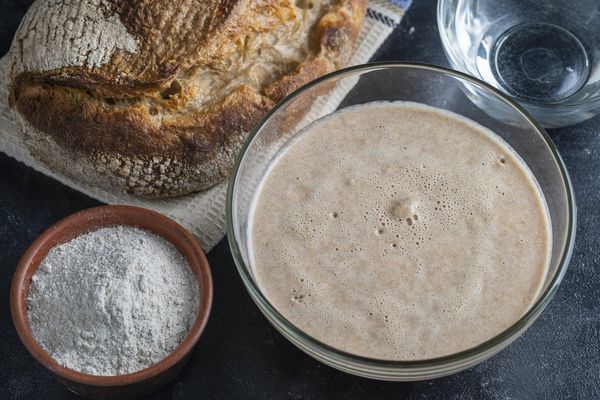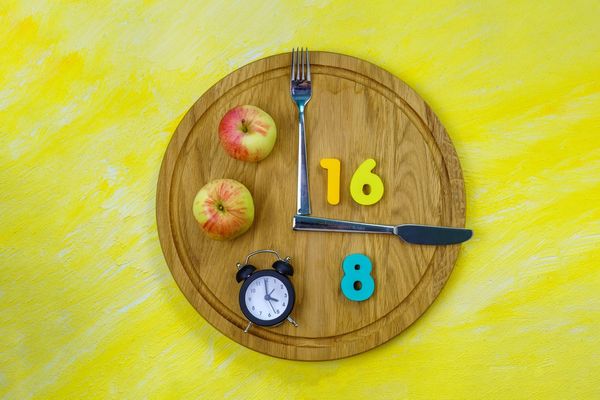As if we didn't already know it, a lot of us are eating too much sugar. According to the National Health and Nutrition Examination Survey, Americans eat, on the average, about 20 teaspoons a day, with teens and men consuming the most. That adds up to an average daily calorie count of 335 for men, 230 for women, 362 for boys and 282 for girls.
With the new Dietary Guidelines for Americans, we are advised to cut added sugars to no more than 10 percent of our daily calories—roughly 12 teaspoons a day.
Added sugars—which are sugars added to foods or beverages during their processing or preparation—are shown in some studies to be associated with diets that are low in fiber, calcium, vitamin A, iron and zinc, all essential to a healthy diet. Unfortunately, food labels do not distinguish between "added sugars" and "naturally occurring sugars," which are sugars found in milk (lactose) and fruit (fructose).
And to make things worse, added sugars are disguised with words like agave syrup, brown sugar, corn sweetener, corn syrup, and words ending in "ose" like dextrose, glucose, maltose and sucrose. Add more words like fruit juice concentrate, honey invert sugar, malt sugar, molasses and raw sugar and your head can swim with confusion.
Foods don't necessarily have to be sweet to be filled with added sugars, which can make it even tougher to even detect—or presume—that they have any sugar at all. The key is to check the labels carefully.
Here are a few you might not suspect:
- Salad dressings. Watch out for "reduced-fat" dressings, which often replace healthy vegetable oils with sugar. These can contain up to 3 grams of sugar in each tablespoon, which is about the same concentration, by weight, as is in a regular soft drink, according to a Tufts University Health & Nutrition Letter. You're better off making your own dressing and adding flavor with spices and vinegar rather than sugar.
- Tomato sauces. Beware of the "ready-to-serve" types, which are the most likely to be sugar-heavy. Some can contain between 10 to 15 grams in a cup. It's easy to cook your own sauce. You can even use canned tomato sauce (find one that is low in sugar) or paste as a base and add healthy ingredients like onions, garlic and peppers. But you're best off using fresh tomatoes, when possible. If the sauce tastes too acidic when it's done, just a pinch of sugar can help.
- Ketchup and barbecue sauces. A tablespoon of ketchup can contain almost 4 teaspoons of sugar, and barbecue sauces, even more. And because it's unlikely you use only 1 tablespoon of barbecue sauce, it may pay to make your own.
- Cereals. While it's obvious that children's sugar-coated cereals are, well, filled with sugars, there are others that are not so obvious (and sound healthy) like oat brans, oat and wheat squares and granolas, which can typically contain from 10 to 15 grams of sugar in one serving.
- Frozen entrees. They may be convenient and fast, but maybe you should reconsider: frozen entrees (like chicken pot pie), can contain 4 grams of sugar per serving. And worse, lasagna typically weighs in at 6 grams, with honey-roasted turkey breast at 9 grams of sugar.
- Granola bars and trail mix bars. Sound healthy, right? Ideally, they should be, but they can contain up to 20 grams of sugar in each bar, especially those coated in things like chocolate.
- Baked beans. Beans are healthy—by themselves. But make them baked beans, and you're getting a helping of up to 20 grams of sugar in each cup, based on the sweeter canned varieties.







